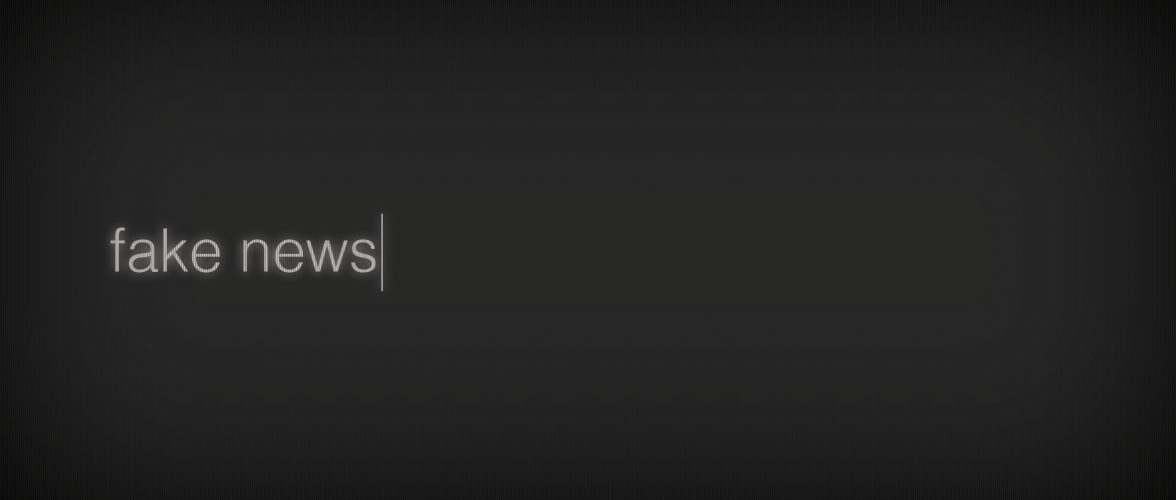COVID-19 and the challenges it poses to governments, companies and individuals around the world are often described as “unprecedented.” But one much-covered angle of the larger COVID-19 story is not only not unprecedented, it was utterly predictable. And that’s the proliferation of misinformation and disinformation we’ve seen swirling over the last several months.
I say “utterly predictable” because we see this phenomenon routinely with major news events, and particularly in times of disaster or crisis when people are starved for the latest information. Misinformation is created (whether it’s done with good intentions or bad isn’t so important), spreads rapidly and then has its impact, whether it’s people refusing vaccinations or other medical treatment or believing, despite the obvious implausibility, that the coronavirus-imposed quarantine has allowed dolphins to “return” to the canals of Venice.
Companies and organizations often fall prey to misinformation. We’re seeing it now. The Gates Foundation was accused in January of “patenting” the coronavirus by a Twitter personality with 150,000 followers. 5G cell phone technology also became a magnet for misinformation. What started as a post on an anonymously run blog morphed into an incoherent global narrative about how 5G was somehow connected to coronavirus deaths. And it ultimately led militant conspiracy theorists to set fire to Vodafone cell towers in the UK.
These are extreme situations for sure. But most companies have to fight misinformation every day, whether defending themselves from claims that they’re harming consumers with a dangerous product ingredient or having their motives questioned when critics surface out-of-context documents and distort their message and meaning.
And though it rarely if ever solves the problem, the corporate playbook with regard to combatting misinformation is usually the same: Get the facts out. Make our voice heard. If only people knew the truth, they’d see things our way and the misinformation would stop.
The reason this approach seldom works is rooted in psychology.
Belief formation is not as conscious a process as we like to think it is. Many decisions we make about what to believe or not are made instantaneously, driven by instinct, intuition and past experience. So many people on the receiving end of misinformation have already formed their beliefs by the time companies reach them with the facts, and they don’t think they need to be corrected. They’re not in search of the truth, seeking out different sides of the story and coming to thoughtful conclusions. They’ve found the truth. And though that “truth” may be inaccurate or misguided or even irrational, it doesn’t matter. Largely because of confirmation bias.
Confirmation bias leads us to believe in ideas, concepts, information we receive that we want to be true. And this is true of even the smartest and most scientifically literate among us. We’re motivated more by our subconscious wishful thinking than we are by facts or data. And that means that once we’ve formed a belief, it’s pretty likely we’ll stop looking for new evidence, particularly evidence that would refute what we now know to be true. People believe that 5G is linked to the coronavirus because it aligns with what they want to be true (believing in a salacious conspiracy theory can be fun, so long as you aren’t burning down cell towers) and what they know to be true (companies can’t be trusted and advanced technology like 5G must have come with downsides). Try as a company might, a whitepaper alone can’t refute such deeply held beliefs.
So what does this mean? How should we respond? Axios recently published a thoughtful piece that offers some ideas, though many of them depend on companies being proactive and “pre-bunking” rather than debunking myths and misinformation. Useful advice, if a company has the foresight to recognize the real harm misinformation can do. Most of the time though, companies are too late and find themselves on the defense, trying to swat down individual news stories and tweets and losing the forest through the trees.
The truth is, there are no easy answers to this problem, one that will only grow worse in our inter-connected world where misinformation increasingly gets the same shot as information at informing and reinforcing our beliefs. We have had some hard-fought successes tackling this challenge for individual clients, but it became apparent that we needed an enterprise-level commitment. That is why before COVID, we invested in a cross-disciplinary team tasked with writing the new playbook on fighting back.
At our core, Purple is about blending different perspectives and thinking to plot the best path forward. So in addition to leveraging the skills of a range of Purple expertise leaders, we’ll continue to collaborate with experts across academia, industry, public policy and tech. And we’re investing in new research to continue to test ways to better combat misinformation. Over the coming months, we look forward to sharing our learnings with you.
By Alec Jacobs | Senior Director | alec.jacobs@purplestrategies.com
Purple is actively partnering with companies and industries to navigate the impacts of misinformation and disinformation, bringing deep experience helping the world’s best-known companies navigate the world’s toughest challenges. Please reach out to author Alec Jacobs or any member of our Purple team to let us know how we can support you.

 What does corporate leadership look like in a divided nation?
What does corporate leadership look like in a divided nation?  Waiting to Engage in D.C. Is the Most Expensive Mistake You’...
Waiting to Engage in D.C. Is the Most Expensive Mistake You’...  The Era of High-Stakes Uncertainty
The Era of High-Stakes Uncertainty  What Forces are Shaping the Future for CMOs?
What Forces are Shaping the Future for CMOs?